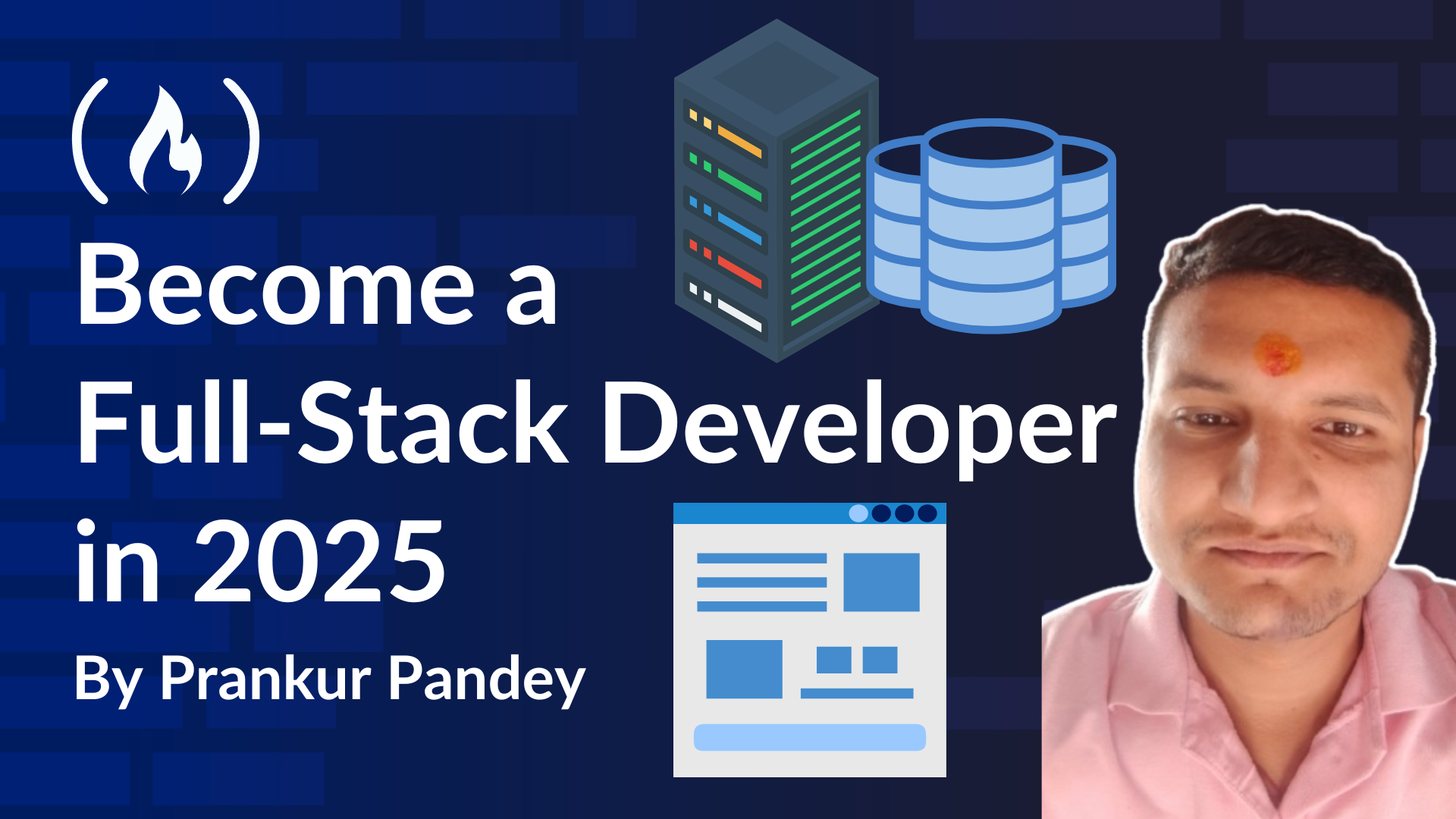
DevOps for Full Stack Developers
DevOps for Full Stack Developers 관련
When I first started as a developer, my focus was purely on writing code. I built web applications, ensured smooth user experiences, and worked with databases. But the more I progressed, the more I realized that development was only half the battle. The real challenge came when I had to deploy my applications, manage servers, and ensure everything ran smoothly in a production environment.
This is where DevOps changed everything for me.
Understanding DevOps
DevOps (a combination of Development + Operations) is a mindset that bridges the gap between developers and IT operations. It ensures that applications move smoothly from a developer’s local environment to a live server, running securely and efficiently.
Initially, I struggled with deployment. Writing code was one thing, but setting up servers, configuring environments, and handling cloud resources felt overwhelming. My first deployment experiences were frustrating—errors due to system differences, slow application performance, and unexpected crashes were common.
That’s when I realized I needed to master three essential DevOps concepts:
- Linux: The backbone of servers
- Cloud: The key to scalability
- Docker: The game-changer for deployment
Linux: The Heart of Servers
Most of the internet runs on Linux—it’s the backbone of servers, cloud platforms, and infrastructure management. But when I started, I had barely touched a Linux terminal. Everything seemed cryptic—the command line was intimidating, and I often wondered why developers preferred it over a simple graphical interface.
Why Linux is Essential for DevOps
Unlike Windows or macOS, Linux offers stability, security, and efficiency, making it the preferred choice for cloud deployments. Learning Linux gave me complete control over my server environment, allowing me to:
- Manage files and directories efficiently using commands like
ls,cd, andrm. - Control system processes with
ps,kill, andtopto monitor resource usage. - Automate tasks with shell scripting, reducing manual work.
- Secure my servers using SSH, firewalls, and user permissions.
Once I got comfortable with Linux, I could confidently set up and manage my own servers, eliminating deployment roadblocks. But managing a single server wasn’t enough—I needed a scalable, flexible environment for real-world applications. That’s where the cloud came in.
Cloud: Scaling Beyond a Single Server
Before I learned about cloud computing, I used to deploy my projects on shared hosting services. While they worked for small applications, they lacked scalability, control, and performance. As my applications grew, I needed a solution that could handle increased traffic, offer high availability, and support on-demand computing power.
Why Cloud Computing Changed Everything
Cloud platforms like AWS (Amazon Web Services), GCP (Google Cloud Platform), and Azure transformed the way I deployed applications. Unlike traditional hosting, cloud computing provided:
Scalability - Instantly add or reduce resources based on demand.
Cost-efficiency - Pay only for what you use, avoiding unnecessary expenses.
Global Availability - Deploy applications across multiple data centers for better performance.
Instead of worrying about physical servers, I could now launch virtual machines (EC2 on AWS, Compute Engine on GCP) to host applications, use managed databases (AWS RDS, Firebase, PostgreSQL on Azure) without setting up servers, and leverage serverless computing (AWS Lambda, Google Cloud Functions) for lightweight, event-driven applications.
With cloud expertise, I no longer feared deployment. I could confidently launch applications that scaled effortlessly, ensuring uptime and reliability. But I wasn’t done yet—there was one more challenge: ensuring consistent and fast deployments across different environments.
Docker: The Game-Changer for Deployment
Before I learned Docker, I faced a recurring issue: code that worked perfectly on my local machine often failed when deployed on a server. This happened because of differences in dependencies, configurations, and operating systems between development and production environments.
How Docker Fixed Deployment Issues
Docker solved this problem by introducing containerization. Instead of relying on system-specific settings, Docker allowed me to package my application, along with all its dependencies, into a single lightweight, portable container. This meant that the same container could run anywhere—on my laptop, a cloud server, or even inside Kubernetes clusters.
With Docker, I could:
- Package my app into a Docker image and ensure it worked identically across environments.
- Run multiple services seamlessly using Docker Compose (for example, a Node.js backend, a database, and a caching system like Redis—all in separate containers).
- Reduce deployment failures, since everything was pre-configured inside the container. s Once I mastered Docker, I no longer had to worry about "it works on my machine but not on the server" issues. It streamlined my workflow, making deployments faster, more secure, and more efficient.
The Impact of DevOps on My Full Stack Journey
Learning DevOps transformed me from just a developer into a deployment expert. Instead of only writing code, I could now also deploy applications with confidence using Linux servers, scale infrastructure efficiently with cloud computing, and ensure seamless deployments using Docker and containerization.
This not only made me a better Full Stack Developer but also opened doors to DevOps roles, giving me the flexibility to work across both development and infrastructure management.
A Never-Ending Learning Process
The world of DevOps is vast, and there’s always something new to learn:
- Kubernetes for container orchestration
- CI/CD pipelines for automated deployments
- Infrastructure as Code (Terraform, Ansible) for managing cloud resources effortlessly
But what I love most about DevOps is its impact—it turns ideas into live, scalable applications without friction. Whether I’m building a personal project or working on a high-traffic production system, DevOps ensures that my applications are not only well-built but also well-deployed.
For any developer looking to grow, DevOps is not optional—it’s essential. It’s the bridge between development and real-world execution, ensuring that the software we write doesn’t just run on our machines, but thrives in the real world.